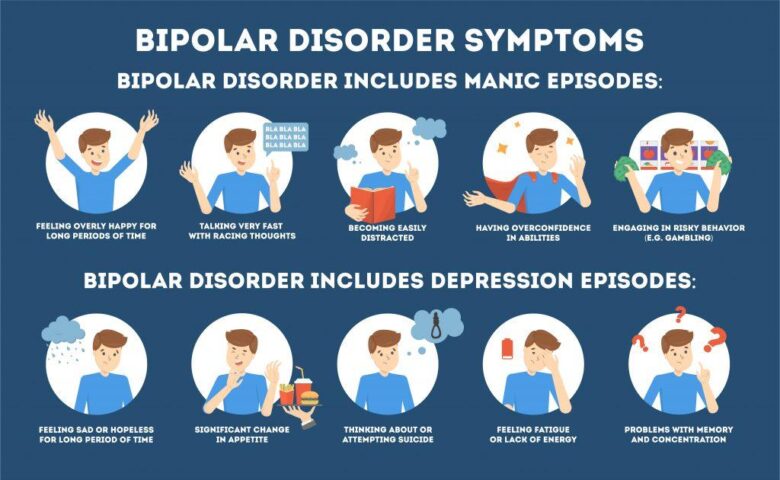Title: Unraveling the Connection: Testosterone Therapy and Mood Disorders
In the intricate dance of hormones that orchestrates our emotions and behaviors, testosterone is often cast in the shadow of its more widely recognized counterparts like serotonin and dopamine. Yet, this potent androgen is not just the emblem of virility and strength; its influence on mental health, particularly mood disorders, is a growing area of interest and inquiry. As discussions around testosterone therapy gain momentum in medical circles and popular culture alike, the link between hormone levels and emotional well-being beckons further exploration. This article delves into the complex relationship between testosterone therapy and mood disorders, shedding light on the science, the controversies, and the personal stories that emerge from the quest for balance within the human psyche. Join us as we navigate this multifaceted terrain, where biology meets psychology, and where the quest for emotional stability may just begin with a deeper understanding of our hormonal landscape.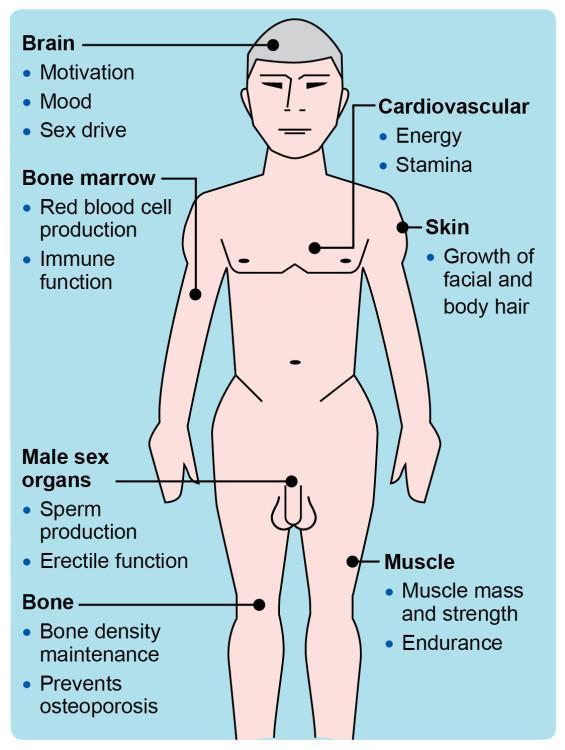
Understanding Testosterone Therapy and Its Impact on Mood Disorders
Testosterone therapy has gained significant attention for its potential benefits in managing mood disorders. This hormone, primarily linked with male reproductive health, plays a pivotal role in a variety of bodily functions, including mood regulation. When testosterone levels decline, often due to age, illness, or medical treatments, individuals may experience a cascade of emotional challenges, such as increased irritability, anxiety, and even depression. Understanding the connection between testosterone levels and mood is crucial, as low levels can lead to a biochemical imbalance that affects mental well-being.
Research suggests that restoring testosterone to optimal levels through therapy can lead to improvements in mood and overall emotional health. Some key benefits of testosterone therapy include:
- Enhanced mood stability: Many individuals report feeling more balanced emotionally after therapy.
- Increased energy levels: Restoring testosterone may lead to improved motivation and reduced fatigue.
- Greater cognitive clarity: Improved hormonal balance often correlates with enhanced focus and mental acuity.
- Strengthened relationships: Mood improvements can foster better interpersonal dynamics.
However, it is essential to consider potential risks and to have a thorough evaluation conducted by a healthcare professional to weigh the benefits against any adverse effects. Below is a simplified table of common mood-related symptoms associated with varying testosterone levels:
| Testosterone Level | Mood Symptoms |
|---|---|
| Low | Depression, fatigue, irritability |
| Optimal | Stability, confidence, improved focus |
| High | Agitation, aggression, anxiety |
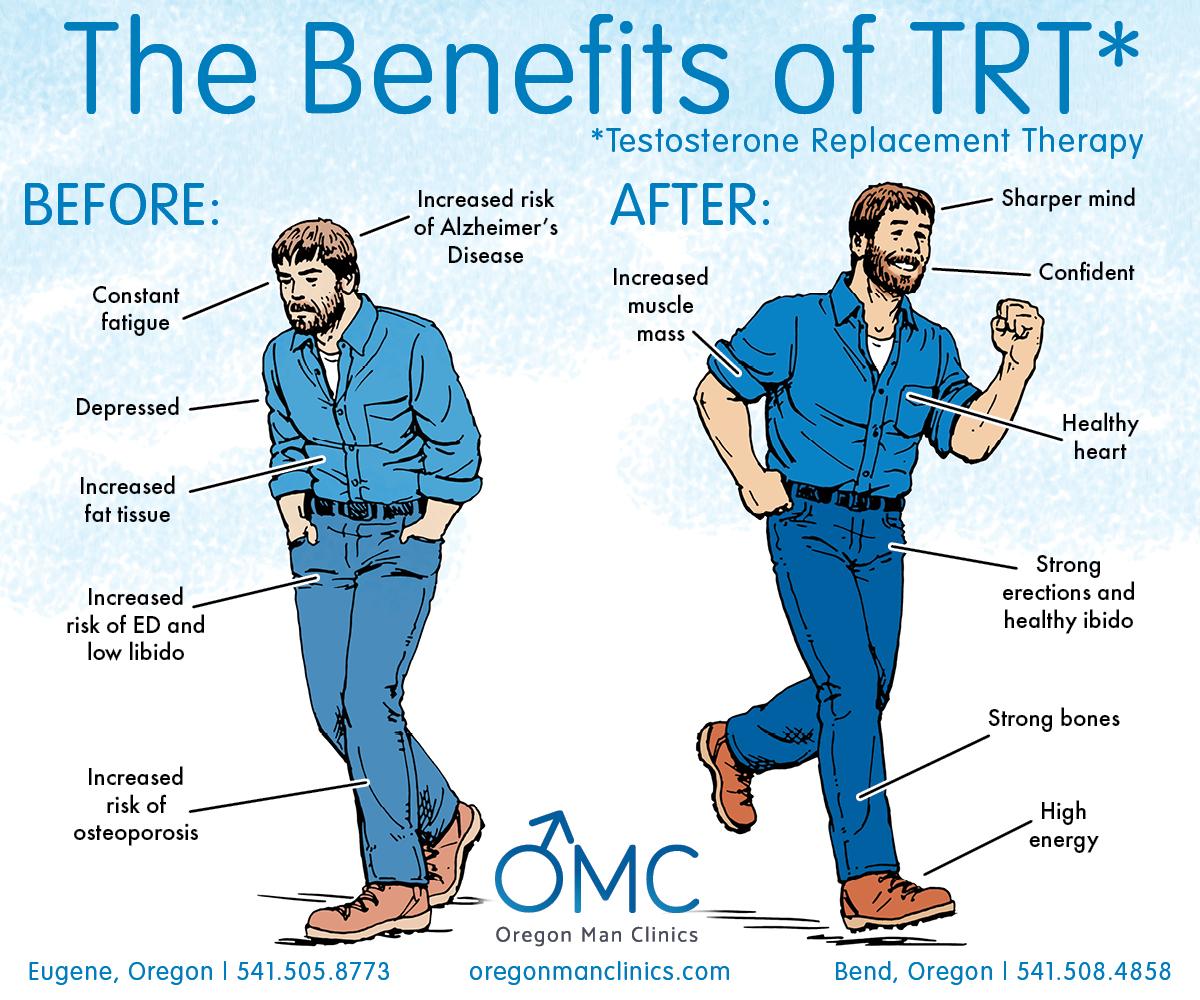
The Science Behind Testosterone: Hormonal Influence on Emotions
The intricate interplay between testosterone and emotions is becoming increasingly recognized in the realm of mental health, particularly concerning mood disorders. Testosterone, often dubbed the male hormone, plays a crucial role in various bodily functions beyond reproduction. It contributes significantly to emotional regulation, influencing aspects such as mood stability, motivation, and even stress responses. Lower levels of testosterone have been associated with feelings of depression and anxiety, highlighting the potential link between hormonal levels and emotional well-being.
Identifying the impact of testosterone on mood can unveil new avenues for therapeutic interventions. Current research indicates that testosterone therapy may provide benefits for individuals grappling with mood disorders, aiming to restore emotional balance. Key aspects include:
- Enhancement of mood: Elevated testosterone levels can lead to improved feelings of well-being.
- Increased motivation: Those undergoing therapy often report greater drive and performance in daily activities.
- Reduction of anxiety symptoms: An increase in testosterone might help reduce the incidence and severity of anxious feelings.
In navigating the relationship between testosterone therapy and mood improvement, it is crucial to consider individual variability. Each person’s hormonal profile and emotional response can differ, necessitating a tailored approach. A comprehensive understanding of one’s hormonal status, coupled with a monitoring of emotional health, paves the way for more effective treatment strategies—potentially transforming lives affected by mood disorders.
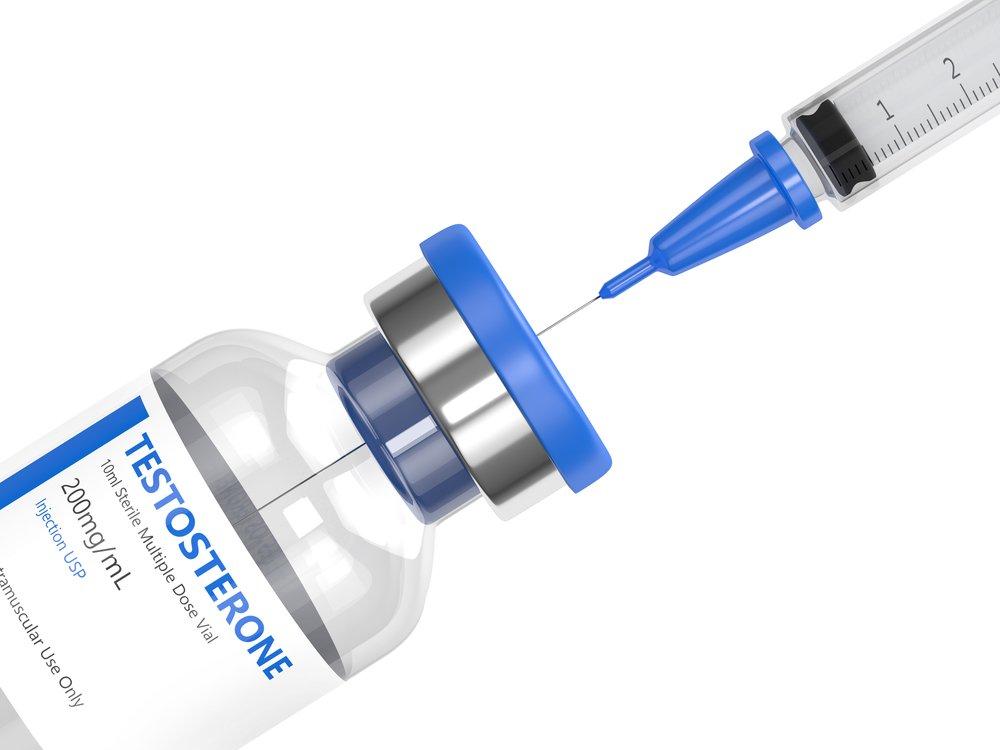
Identifying Mood Disorders: Signs and Symptoms Linked to Testosterone Levels
Mood disorders can often be linked to fluctuations in testosterone levels, particularly in men. Low testosterone may manifest in various emotional and behavioral changes, including:
- Depression: Feelings of sadness, hopelessness, or a general disinterest in activities that once brought joy.
- Anxiety: Increased feelings of tension, worry, or panic that seem disproportionate to the situation at hand.
- Irritability: Heightened frustration or anger, often caused by minor triggers.
- Fatigue: Chronic tiredness that can affect both physical and mental well-being, leading to reduced motivation.
Conversely, elevated testosterone levels may also result in mood fluctuations, reflecting a complex relationship between this hormone and psychological well-being. Signs to be aware of include:
- Euphoria: Intense feelings of excitement and well-being that border on mania.
- Impulsivity: Engaging in risky behaviors without considering the potential consequences.
- Increased aggression: A tendency towards hostility or confrontational behavior.
- Restlessness: Difficulty sitting still, often accompanied by racing thoughts.
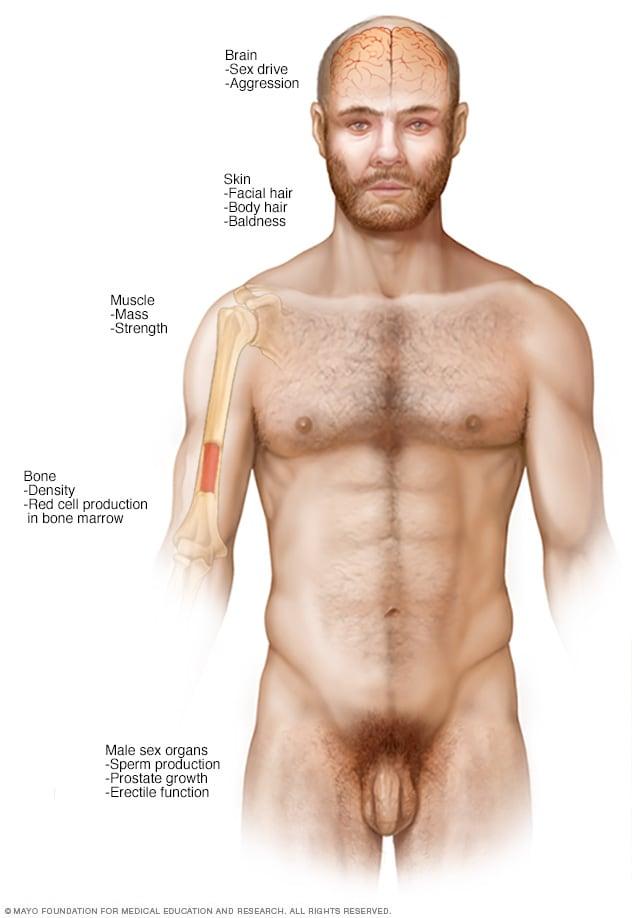
Evidence-Based Benefits: How Testosterone Therapy Can Alleviate Mood Disorders
Emerging research highlights the intricate relationship between testosterone levels and mood regulation, paving the way for testosterone therapy as a promising intervention for individuals grappling with mood disorders. Clinical studies have demonstrated that testosterone therapy can significantly reduce symptoms of depression and anxiety, particularly in men with clinically low testosterone levels. Notable findings include:
- Improved Emotional Well-Being: Therapy has been linked to enhanced overall mood and reduced feelings of sadness.
- Increased Energy Levels: Patients often report higher energy and motivation, positively influencing daily activities.
- Enhanced Cognitive Function: Some studies indicate improvements in memory and concentration, often affected by mood disorders.
Moreover, assessing the benefits of testosterone therapy through a structured approach can help underscore its potential in mental health treatment. Below is a brief overview of significant findings from recent studies:
| Study | Participants | Results |
|---|---|---|
| Smith et al. (2021) | 150 men | 40% reduction in depressive symptoms |
| Jones et al. (2020) | 100 women | 25% improvement in anxiety levels |
| Lee et al. (2019) | 200 older adults | Enhanced mood and cognitive function over 6 months |
Navigating Treatment Options: Choosing the Right Testosterone Therapy
When considering testosterone therapy, it is vital to understand the diverse treatment options available. Each approach offers unique benefits and potential side effects, making it essential to align the therapy with individual health needs and lifestyle preferences. Key options include:
- Injections: Administered every few weeks, these provide a direct boost to testosterone levels but can lead to fluctuations in mood.
- Topical Gels: Applied daily, they offer a steady release of testosterone, which may lead to more consistent mood stabilization.
- Implantable Pellets: Placed under the skin, these deliver testosterone over several months, potentially reducing the risk of mood swings.
- Oral Medications: Convenient but potentially less effective, they are worth discussing with a healthcare provider regarding their impact on mood.
Understanding the implications of each treatment option not only aids in mood regulation but also enhances overall well-being. Doctors often suggest beginning with a non-invasive method before progressing to more intensive treatments, depending on the patient’s response. Considerable factors such as personal medical history, side effects, and lifestyle compatibility should guide the choice. A collaborative approach with healthcare providers can ensure that the therapy selected not only addresses testosterone deficiency but also fosters improved emotional health and quality of life.
Monitoring Progress: Measuring the Effects of Testosterone on Mood Stability
Understanding the relationship between testosterone levels and mood stability requires a multifaceted approach. It is essential to monitor specific emotional indicators that may reflect the impact of testosterone therapy on mood disorders. Clinicians and researchers often assess the following markers:
- Overall mood improvements – Observations of general happiness and well-being.
- Frequency of mood swings – A record of emotional fluctuations before and after treatment.
- Sleep patterns – Changes in sleep quality and duration can significantly affect mood stability.
- Social interactions – The quality of relationships and social engagement may offer insights into emotional health.
The use of standardized scales and assessments can facilitate a clearer understanding of these effects. A beneficial tool can be a table to organize baseline measurements and subsequent evaluations to observe trends over time:
| Measurement | Baseline | Post-Therapy | Change |
|---|---|---|---|
| Mood Rating (1-10) | 4 | 7 | +3 |
| Frequency of Mood Swings | 5 per month | 2 per month | -3 |
| Average Sleep Hours | 5 | 7 | +2 |
| Social Engagement Score (1-10) | 3 | 8 | +5 |
This quantitative data allows healthcare providers to tailor interventions and adjust therapy as necessary, ultimately leading to enhanced mood stability and improved quality of life for individuals undergoing testosterone treatment.
Empowering Patients: Strategies for Managing Mood Disorders Beyond Hormonal Treatment
Managing mood disorders requires a multifaceted approach that empowers patients beyond hormonal treatments like testosterone therapy. Cognitive Behavioral Therapy (CBT) has proven effective in helping individuals reframe their thoughts and develop coping strategies. Engaging in mindfulness practices, such as meditation or yoga, can significantly improve emotional regulation and reduce anxiety. Additionally, joining support groups offers a sense of community, allowing individuals to share experiences and strategies that enrich their journey towards mental wellness. Making informed lifestyle choices, such as a balanced diet and regular exercise, also plays a crucial role in enhancing overall mood.
Understanding the link between physical health and emotional well-being is essential. Here are some complementary strategies that can augment traditional treatments:
| Strategy | Description |
|---|---|
| Regular Exercise | Boosts endorphins, reducing feelings of depression and anxiety. |
| Nutritional Support | Incorporating omega-3 fatty acids and antioxidants can improve brain health. |
| Sleep Hygiene | Establishing a consistent sleep schedule enhances mood stability. |
| Creative Outlets | Engaging in art or music can be therapeutic, providing emotional release. |
By integrating these strategies, patients can take an active role in their mental health journey, making informed decisions that promote stability and improve their quality of life. It’s essential to remember that while hormonal treatments like testosterone therapy can be beneficial, the path to emotional well-being is often enriched by diverse approaches tailored to individual needs.
Q&A
Q&A: Exploring the Connection Between Testosterone Therapy and Mood Disorders
Q: What is testosterone therapy, and how is it typically used?
A: Testosterone therapy involves the administration of testosterone to individuals with low testosterone levels—often referred to as hypogonadism. This therapy can take various forms, including injections, patches, gels, or pellets. It aims to restore testosterone to normal levels, leading to improved energy, libido, and overall well-being.
Q: How do mood disorders relate to hormone levels, particularly testosterone?
A: Hormones play a significant role in regulating mood and emotions. Low testosterone levels have been linked to various mood disorders, such as depression and anxiety. Individuals experiencing hormonal imbalances might find themselves more susceptible to mood fluctuations. Thus, addressing low testosterone through therapy may positively influence mood stability.
Q: Can testosterone therapy really improve mood disorders in patients?
A: Research suggests that testosterone therapy can lead to improvements in mood for some individuals, particularly those with low testosterone levels. Studies have shown a potential reduction in depressive symptoms and an overall enhancement in quality of life. However, responses to therapy can vary, and it’s essential for individuals to work closely with their healthcare providers to monitor changes.
Q: Are there any risks associated with testosterone therapy?
A: Yes, while testosterone therapy can offer benefits, it also comes with potential risks. Some of these may include increased red blood cell count, prostate issues, and cardiovascular concerns. It’s crucial for patients to undergo thorough evaluations and regular monitoring during therapy to mitigate these risks and ensure their safety.
Q: What should a person consider before starting testosterone therapy for mood disorders?
A: Individuals considering testosterone therapy should first consult with a qualified healthcare professional. A thorough assessment, including blood tests to measure hormone levels and a comprehensive evaluation of mental health, is essential. The decision should be based on a collective understanding of individual needs, potential benefits, and associated risks.
Q: Is testosterone therapy a standalone treatment for mood disorders?
A: Often, testosterone therapy is not a standalone treatment. Mood disorders are complex and may require a multifaceted approach, including psychotherapy, lifestyle changes, and pharmacotherapy. A holistic treatment plan tailored to the individual is usually the most effective way to address underlying issues and promote overall mental health.
Q: How can someone manage mood disorders if they decide against testosterone therapy?
A: There are numerous strategies for managing mood disorders beyond hormone therapy. These may include regular physical activity, a balanced diet, mindfulness practices, and engaging in social support networks. Seeking professional help from psychologists or psychiatrists can also be beneficial, as cognitive-behavioral therapy and other techniques have proven effective in mood disorder treatment.
Q: What’s the future of research on testosterone therapy and mood disorders?
A: The future of research in this area is promising. As our understanding of the brain and hormonal interactions deepens, studies are likely to explore the nuances of how testosterone influences mood across different demographics, genders, and age groups. Ultimately, this will help refine treatment protocols, making them more personalized and effective for those struggling with mood disorders.
—
By examining the interplay between testosterone therapy and mood disorders, we can illuminate the complexities of mental health and hormonal influence, paving the way for informed choices and effective interventions.
The Way Forward
In the intricate landscape of mental health, the intersection of biology and emotion finds a noteworthy player in testosterone therapy. As we navigate the shifting terrain of mood disorders, the potential influences of hormone levels emerge as both a puzzle and an opportunity. While research continues to unravel the complexities of how testosterone interacts with mood regulation, it’s clear that understanding this relationship opens up new avenues for treatment and care.
For those struggling with mood disorders, the quest for effective management often leads to diverse solutions, and testosterone therapy may very well be one of them. As we look ahead to future studies and expanded clinical insights, it is essential to keep open minds and embrace the possibilities that science affords us. the journey toward emotional balance is rarely straightforward, but with continued exploration, we can hope to illuminate the path toward a healthier, more integrated understanding of our minds and bodies.

